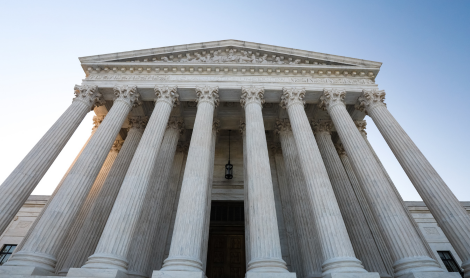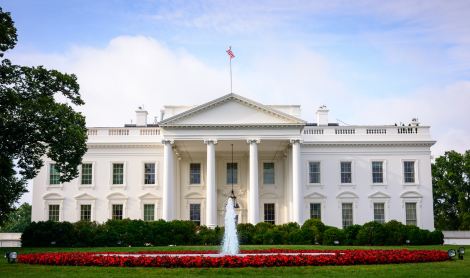NACSA Blog
Press Releases
 |
NACSA on ESSA Title I State Plans: “Accountability and Transparency Must Be Meaningful”In a comment letter submitted today to the US Department of Education (ED), NACSA recommended changes to proposed Title I provisions under the Every Student Succeeds Act (ESSA) that would ensure accountability and … |
 |
NACSA Statement on Secretary King’s Remarks at National Charter ConferenceIn response to US Education Secretary John King’s speech today at the National Charter School Conference in Nashville, Tenn., Greg Richmond, president and CEO of the National Association of Charter School Authorizers … |
 |
Statement on Rhode Island Senate Bill 3075With all eyes on the Rhode Island budget bill passed by the General Assembly last week and its impact on charter schools, another bill with similar consequences for the state’s charter school … | Rhode Island |
 |
New Report Recommends Reforms to Address Significant Underperformance by Full-Time Virtual Charter Public SchoolsNational Alliance, 50CAN and NACSA propose specific policy recommendations for states to rein in poor practices in full-time virtual charter public school movement The National Alliance for Public Charter Schools, the 50-State … |
 |
NACSA signs Charter Schools Equity Coalition Statement on DisciplineToday, NACSA and 19 other organizations released the following statement addressing equity and student discipline in our schools. CHARTER SCHOOLS ARE ABLE TO CREATE INCLUSIVE, POSITIVE ENVIRONMENTS TO PROVIDE ALL STUDENTS A … |
 |
‘Gap Busters’: Lessons from Charter Authorizers in Helping All Kids Achieve MoreAccountability is fundamental to quality authorizing. Without it, we run the risk of not seeing the full educational picture in front of us and threaten our ability as educators and education advocates … |
 |
NACSA Statement on Oklahoma Supreme CourtStatement from NACSA President & CEO, M. Karega Rausch, Ph.D. on today’s Oklahoma Supreme Court ruling that the decision from the Oklahoma Statewide Virtual Charter School Board (SVCSB) to approve an application … |
 |
NACSA names Guerschmide Saint-Ange as Chief Operating OfficerKarega Rausch, president and CEO of the National Association of Charter School Authorizers (NACSA), announced today that Guerschmide Saint-Ange will serve as NACSA’s chief operating officer (COO). Saint-Ange, formerly NACSA’s Chief Operating … |
 |
Are Authorizers Missing Opportunities to Approve Innovative Charter Schools Models?Are authorizers missing opportunities to approve innovative charter school models that could respond to student and family aspirations and needs? Students and families have a variety of aspirations and needs. So it … |
 |
Fort Worth ISD: Partnerships & AccountabilityGuest blog written by David Saenz, Ed.D. The March 2024 episode of Community Conversations with NACSA told the story of Fort Worth Independent School District’s Leadership Academy Network, a unique partnership, resembling … |
 |
NACSA’s Statement on the FY24 Budget Signed by President BidenStatement from NACSA president and CEO, Dr. Karega Rausch on the FY24 budget signed by President Biden: “We appreciate that Congress and President Biden continue to recognize the important role that the … |
 |
NACSA Celebrates Guerschmide Saint-Ange as Pahara FellowGuerschmide Saint-Ange, NACSA’s Chief Operating and Talent Officer, was recently named as a Pahara Institute fellow. This highly selective cohort-based program, “identifies exceptional leaders in the educational excellence and equity movement, facilitates … |
 |
NACSA’s Statement on President Biden’s FY2025 Budget ProposalDr. Karega Rausch, NACSA president and CEO, issued the following statement on President Biden’s FY2025 budget proposal. NACSA remains committed to ensuring access to high-quality public schools for all students. There is … |
 |
ESSER and the Fiscal CliffBig changes are on the horizon for charter school authorizers and the schools in their portfolios: the end of Elementary and Secondary School Emergency Relief (ESSER) funds. Managing this change will be, for … |
 |
NACSA’s Statement on Idaho’s HB 422The National Association of Charter School Authorizers (NACSA) applauds the Idaho legislature’s recent committee approval of the Accelerating Public Charter Schools Act. This bill is aligned with NACSA’s new school application recommendations … |